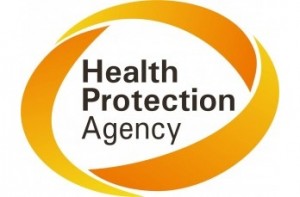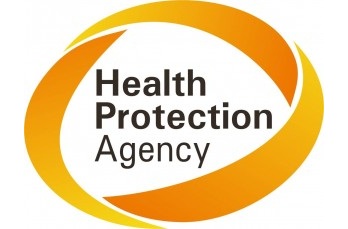Two further case of Legionnaires’ disease have been confirmed in the Stoke-on-Trent outbreak bringing the total number of confirmed cases to 11. All those affected are between their late 40s and mid 70s. The Health Protection Agency (HPA) is also investigating two cases identified in early summer as being possibly linked to the current cluster.
 |
| [relatedPosts title=”Related Posts”] |
|
|
Public and environmental health experts from the HPA the Health and Safety Executive, the NHS in Stoke and Stoke-on-Trent City Council continue to work together to identify and investigate possible sources.
Professor Harsh Duggal, Director of the Health Protection Agency’s Health Protection Unit in Stafford, said: “Our investigation into possible sources continues and we have been able to obtain detailed information on the movements of those affected.
“We are now working with HPA experts in mapping the outbreak and our partners to pinpoint possible sources, using the information we have gathered.”
It is important to stress that the outbreak is not hospital related and the hospital is a safe environment for visitors.
Action to date includes:
- Identifying, sampling and advising on the disinfection of potential sources of the disease, such as cooling towers, in areas that the cases may have visited in common.
- Alerting health care staff, including GPs in the areas the patients live, to look out for patients who may be developing symptoms of the disease.
- Importantly, making people aware of the symptoms of Legionnaires’ disease.
Dr Zafar Iqbal, Director of Public Health, NHS in Stoke, said: “Legionnaires’ disease is a rare but potentially life threatening illness. It is caused by a bacteria commonly associated with water systems and cannot be passed from person to person.
“You cannot catch Legionnaire’s disease from drinking water. The early symptoms include a ‘flu-like’ illness with muscle aches, tiredness, headaches, dry cough and fever which can then lead to pneumonia. As with any pneumonia, the patient can become very unwell. Diarrhoea and confusion may occur, as well as chest and breathing symptoms. However Legionnaires’ disease can be effectively treated with a course of antibiotics and this is best done as early as possible.”
Legionnaires’ disease is caused by a germ called Legionella pneumophila. Although this bacteria is widely distributed in the environment it can lead to human illness if sources such as wet air conditioning systems are not well maintained.
It cannot be spread from one person to another.
People are advised if they are feeling unwell with any of the possible signs to go and see their doctor, ring NHS Direct on 0845 4647 or visit www.nhs.uk
It is stressed that there is no need for anyone who is well or only mildly unwell to see their doctor or to have any tests.
Further Information.
- Legionnaires’ disease is a pneumonia, caused by the bacteria Legionella. The majority of cases are reported as single (isolated) cases but outbreaks can occur, with around 300 cases reported each year in England, just under half of these are associated with foreign travel. All ages can be affected but it mainly affects people over 50 years of age and generally men more than women.
- The early symptoms of Legionnaires’ disease include a ‘flu-like’ illness with muscle aches, tiredness headaches, dry cough and fever. Sometimes diarrhoea occurs and confusion may develop. Deaths occur in 10-15% of the general population affected and may be higher in some groups of patients.
- The incubation period ranges from 2-10 days, sometimes up to 14 days. In rare cases some people may develop symptoms as late as three weeks after exposure. Antibiotics against the infection are effective in treating the disease.
- Legionella is widely distributed in the environment. They have been found in ponds, hot and cold water systems and water in air conditioning cooling systems.
- Person to person spread does not occur. Breathing in aerosols from a contaminated water system is the most likely route of transmission.
- In 2011 there were 239 cases of Legionnaires’ disease in England and Wales; of these 23 were in the West Midlands.
- The cases of Legionnaires’ disease are not hospital acquired.
- Safety Media: Legionella DVD: Inform your staff about Legionella and the dangers associated with it. Educate them as to what symptoms to look out for and how to manage risks.
- British Standards relevant to Legionella.
.





